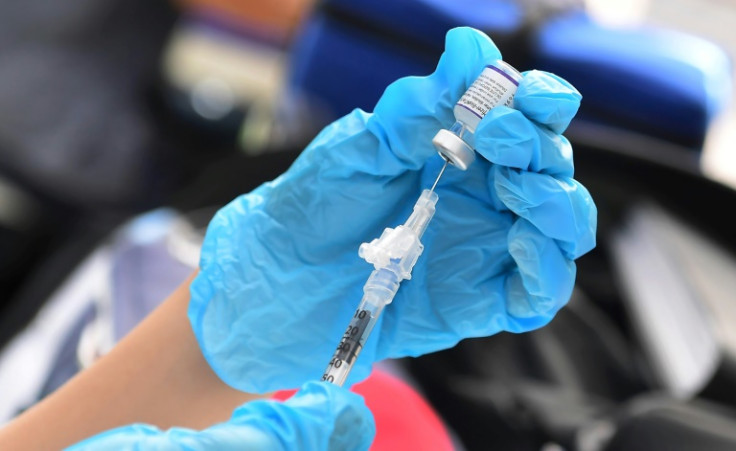
SEATTLE - As the United States faces a new surge of COVID-19 cases this summer, people's trust in the government's handling of the pandemic as well as vaccination has decreased.
According to findings from the University of Pennsylvania's Annenberg Public Policy Center, a growing number of Americans are buying into misinformation when it comes to COVID-19 vaccines. The national survey found that more than one in five individuals believe it is safer to get the virus than to get a shot.
The survey found that 28% of respondents incorrectly believe that COVID-19 vaccines have been responsible for thousands of deaths. That number is up by six percentage points compared to June 2021. The percentage of people who know COVID-19 vaccines are not responsible for the deaths also declined to 55% from 66% in 2021.
Three years ago, only 10% of respondents believed the false idea that it is safer to get a COVID infection than to get a vaccine. This year, that number is up to 22% according to the survey.
In addition, the percent of those incorrectly believing that the COVID-19 vaccine changes people's DNA nearly doubled to 15% from only 8% in April 2021.
The COVID-19 pandemic has also impacted the number of people who trust doctors, according to a study from The COVID States Project in July. The proportion of adults reporting a lot of trust for doctors serving in hospitals decreased from nearly 72% in April 2020 to 40% in January 2024, according to the results.
Researchers also found that those who lost their faith in medicine are less likely to get vaccinated against COVID or the flu.
"In every sociodemographic group in this survey study, trust declined substantially over the course of the pandemic, with lower trust likely representing a barrier to getting vaccinated or receiving boosters," said lead researcher Dr. Roy Perlis, director of the Center for Quantitative Health at Massachusetts General Hospital in Boston. "Strategies may be needed to rebuild this trust to achieve public health priorities."
Social media has played its part in the spread of misinformation relating to vaccines. A study led by a researcher at Columbia University Mailman School of Public Health earlier this year found that misinformation about vaccines in social medial has led to rising levels of vaccine hesitancy at a faster rate than interventions addressing the spread of misinformation.
A 2021 randomized controlled trial (RCT) found that exposure to misinformation about COVID-19 vaccines lowered the intent of recipients to vaccinate, even among those reporting before exposure that they would "definitely" accept vaccination.
© 2025 Latin Times. All rights reserved. Do not reproduce without permission.






